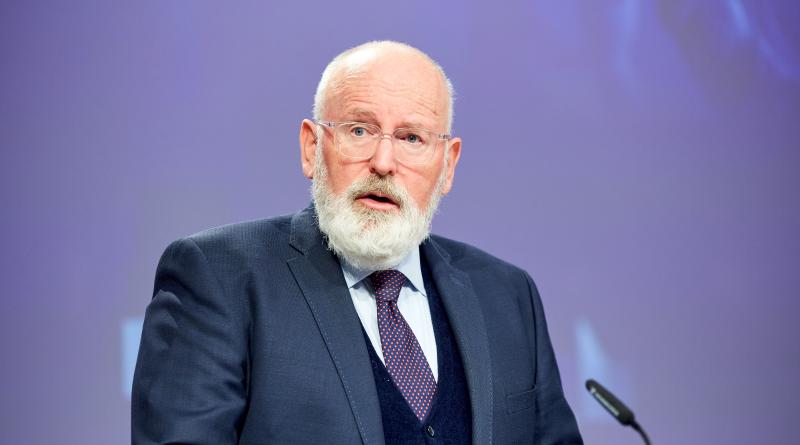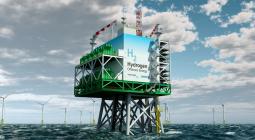EU Energy System Integration and Hydrogen Strategies: no climate neutrality without renewables-based electrification.

With today’s presentation of the EU Energy System Integration Strategy and the EU Hydrogen Strategy, the EU sets course for a greener future by promoting direct electrification across the whole economy and the use of renewable hydrogen in hard-to-abate sectors.
“It’s good these new EU Strategies recognise the primary role of direct electrification. Electrifying heating, transport and industry directly via renewables is the cheapest and most efficient way to decarbonise energy. Renewables are well over a third of Europe’s electricity and rising. We now have to get renewable electricity into heating, transport and industry”, says Giles Dickson, WindEurope CEO.
The Energy System Integration Strategy focuses on direct electrification of energy demand, accelerating the transition to a power system largely based on wind and solar. To accelerate the renewables-based electrification, the EU wants to invest in electricity grid infrastructure, EV charging points and heat pumps.
“Electricity grids are central to sector integration and renewable hydrogen. The EU needs to continue to invest heavily in them: building new lines and optimising existing ones.
Renewable hydrogen will play a key role in decarbonising those bits of transport and industry that we cannot electrify directly. We need to rapidly scale up electrolysers to make that happen, and it’s good the Commission wants to support that. But renewable hydrogen won’t happen without renewables. They are the raw material. So getting policy right on renewables is central to any hydrogen strategy. And that includes industrial policy on renewables – you want the hydrogen to be made in Europe!
Two more things: we need to be able to trace the origin of hydrogen produced in and out of the EU by putting clear labels on all forms of hydrogen. Those buying renewable hydrogen want to know it’s renewable. And they should be actively encouraged to go for renewable hydrogen. To that end, Carbon Contracts for Difference are potentially very interesting. It’ll be crucial to get the details right”, says Giles Dickson.
8 July 2020
Wind Europe




